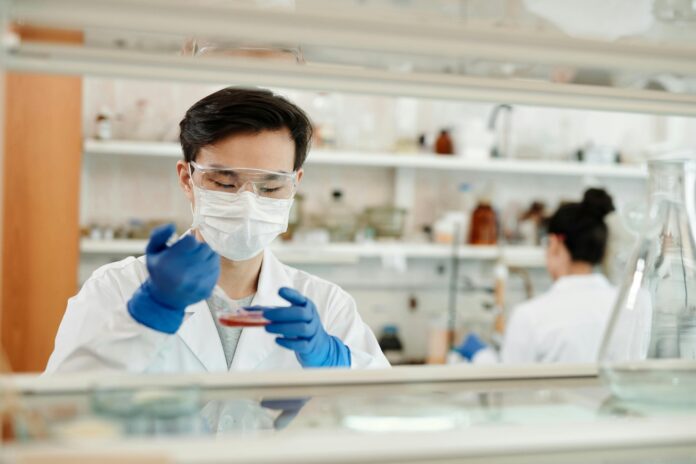Canada is taking a step forward in its preparedness for future pandemics with the construction of a new Level 4 biosecurity lab at the Vaccine and Infectious Disease Organization (VIDO) in Saskatoon, Saskatchewan. This will be the second such facility in the country, following the National Microbiology Laboratory (NML) in Winnipeg, Manitoba.
The new lab is a key component of Canada’s Centre for Pandemic Research and signifies an impressive step in the country’s ability to research and develop vaccines and therapeutic treatments in response to emerging infectious diseases.
A second Level 4 Lab for Canada
Dr. Volker Gerdts, Director and CEO of VIDO, emphasizes the importance of the new facility, stating to CBC, “It’s all about being ready for the next disease, right? I think the pandemic has shown us that Canada largely depended on other countries to do the critical research, but also develop vaccines.”
By having a second high-containment lab, Canada will be better equipped to conduct vital research on dangerous pathogens, potentially saving lives in the event of future outbreaks.
There are some key differences between the two labs. The NML focuses on basic scientific research, such as identifying new outbreaks and developing diagnostic tests, while the new VIDO lab specializes in applied research, including the production of vaccines and therapeutics.
Dr. Gary Kobinger, who previously worked at the NML and now heads the Level 4 Galveston National Laboratory at the University of Texas Medical Branch, believes there’s room for collaboration, not competition, between the two facilities.
“By necessity, they will need to co-operate and not compete,” he says to CBC.
New advantages and improvements
One advantage of the new VIDO lab is that it is not government-owned. This, according to Kobinger, gives it more flexibility. He expressed concerns that the NML’s special pathogens unit is “completely paralyzed right now” by government policies and regulations, potentially hindering research and collaboration efforts.
However, the research conducted at high-security labs like VIDO and the NML necessarily involves dangerous pathogens. This raises concerns about the potential risks of accidental spills or leaks, as well as the possibility of deliberate misuse.
Dr. Filippa Lentzos, a biosecurity expert at King’s College London, believes Canada already has some of the most stringent safety standards in the world. She points out that the security measures in place at the NML worked as intended in identifying a previous security breach.
Lentzos notes to CBC, “I don’t think the reputation of the lab has been dented in that sense,” referring to the past breach.
“I think it’s actually been more of a wake-up call for other labs around the world, to say what we do in our labs is of interest to other governments.”
The construction of the new Level 4 lab at VIDO is a positive step towards improving Canada’s preparedness for future pandemics. By investing in research and development, Canada is building resilience and the capacity to develop life-saving vaccines and treatments in the face of emerging infectious diseases.








































